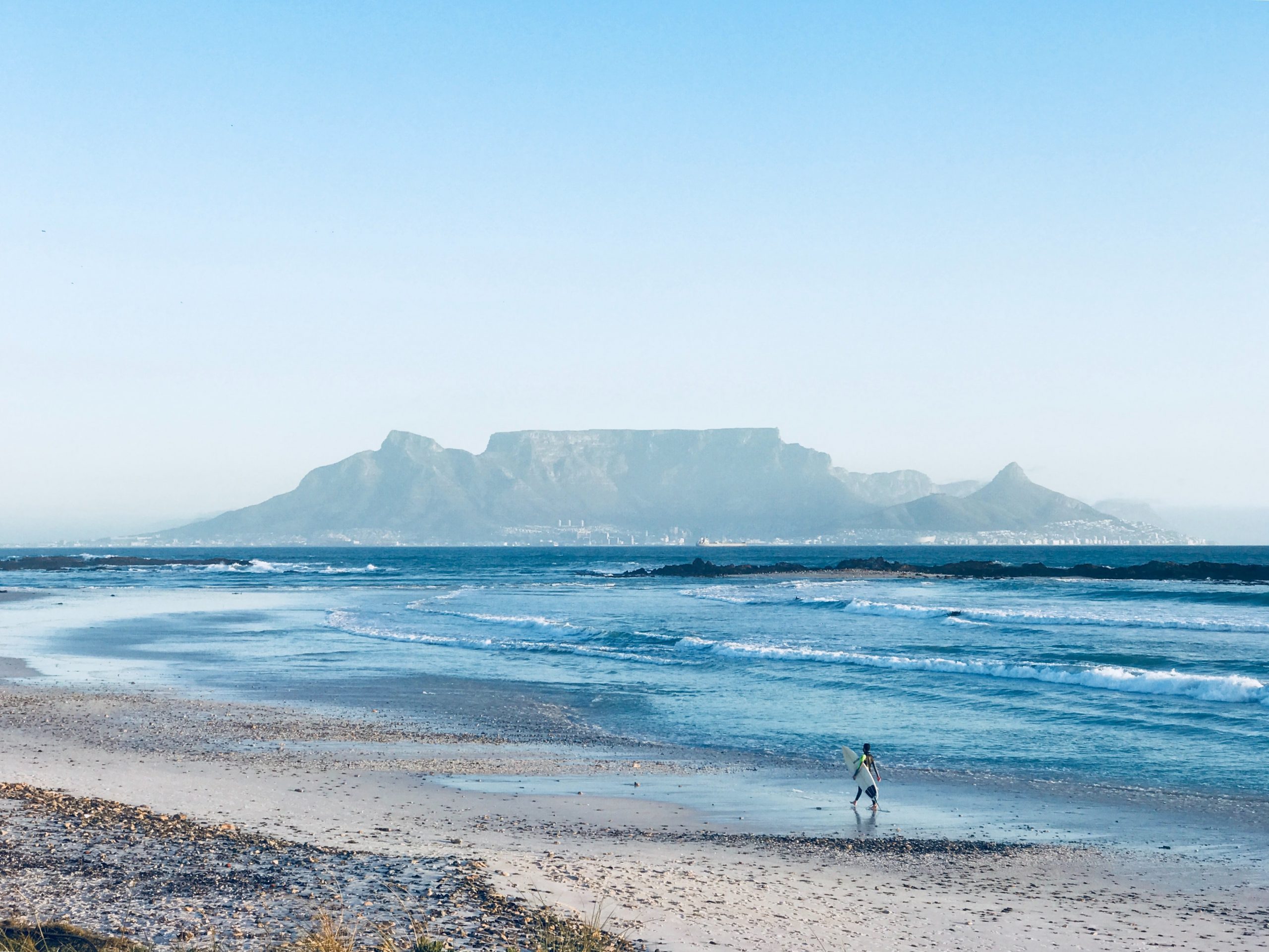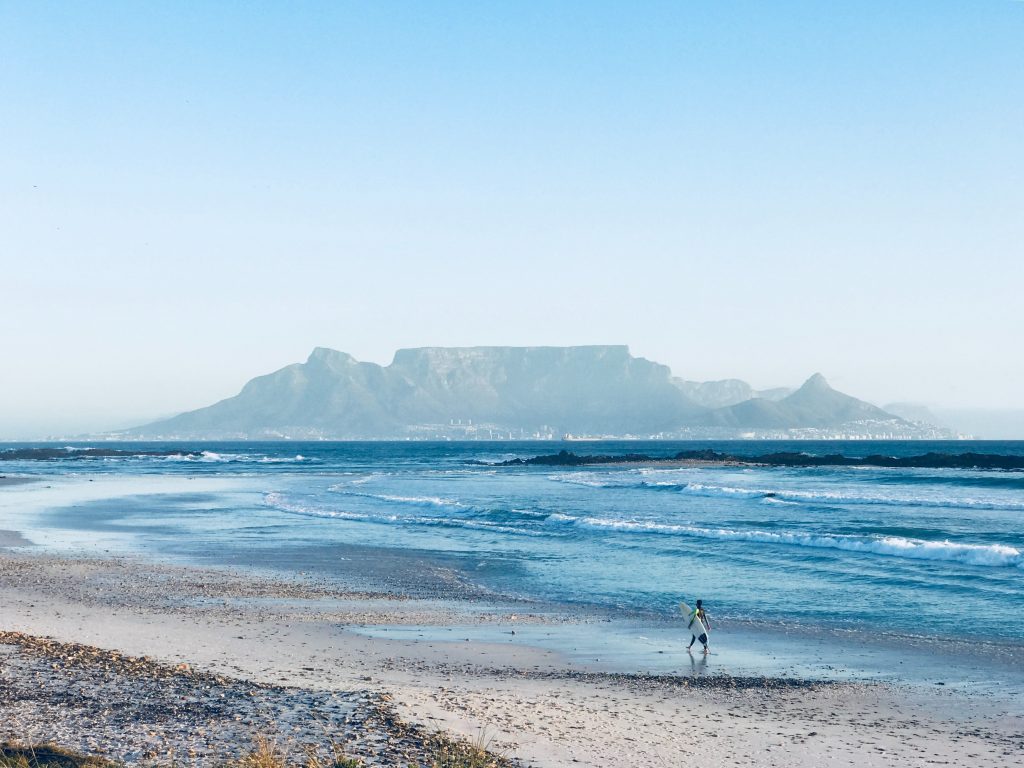Have a question about safety in the Cape Town and the Western Cape?
1. Is Cape Town safe for tourists?
Cape Town is a major, modern cosmopolitan South African city. As such, we would advise travellers to exercise the same level of vigilance they would apply when visiting any major city in a developing country.
This vigilance includes ensuring you follow basic safety tips such as keeping emergency numbers on hand, avoid carrying large sums of cash and keeping your valuables safe at all times.
For the overwhelming majority of the nearly 2 million foreign visitors to the Western Cape in 2019, Cape Town’s safety was not an issue, and nor was the Western Cape’s at large.
The destination is frequently cited as among the world’s best holiday destinations and has a high return visitor rate, proving that those who visit our destination once, fall in love with it, and want to discover it again.
2. What precautions should a visitor to Cape Town and the Western Cape take to stay safe?
Safety in hotels
-
Place your valuables/passport in a hotel safe.
-
Never leave your personal property unattended.
-
Close and lock the door when you are in your room.
-
Don’t open the door without first checking who’s asking to come in.
-
Use registered, qualified tour guides.
Safety in your car
-
Have your keys ready as you approach your car.
-
Always lock your doors.
-
Park in well-lit areas at night.
-
Keep enough distance between your car and the one in front to enable you to change lanes and drive away quickly.
-
Don’t give lifts to strangers.
-
Look around before entering your driveway.
-
Be aware of strangers begging at intersections and avoid giving them money.
-
Never open your window when approached by a stranger.
-
If you think you are being followed drive to a busy place or a police station.
-
Keep your valuables out of sight – Stash it, don’t flash it.
-
After you’ve parked your car, make sure it is properly locked before you walk away, to ensure you don’t become a victim of thieves who use “remote jamming” devices.
Safety on the street
-
Don’t walk in deserted or dark areas.
-
Keep all possessions close to your body and out of sight.
-
Don’t use your cellphone while walking, and keep it—and your wallet—safely tucked away.
-
The use of headphones may distract you from what’s happening around you.
-
Plan your route beforehand.
-
Avoid the obvious visibility of valuables such as jewellery, cameras, laptops and tablets.
-
Don’t carry large sums of money and avoid counting it in the open.
-
Tell someone where you are going and when you expect to return.
Safety out and about
-
Stay in a group and on lit paths.
-
Don’t keep all your money in one pocket.
-
Use accredited taxis and cabs.
-
Don’t leave handbags under tables, on the backs of chairs or on restroom hooks.
-
Don’t leave cellphones or wallets on restaurant tables.
-
Keep your credit card in sight all the time.
-
Don’t leave drinks unattended.
Safety at ATMs
-
Use ATMs in well-lit and safe places.
-
Don’t allow your card to be removed from your sight.
-
Don’t accept help from strangers or give out your pin number, not even to persons claiming to be bank officials.
-
Watch out for the people standing very close to you and looking over your shoulder as you type in your pin.
-
Never leave your card in the ATM. If it gets stuck or swallowed, follow instructions provided on the ATM machine.
-
Make sure you are not followed after a transaction.
3. Will I be safe in my hotel or accommodation establishment?
Cape Town and the Western Cape offers a range of tourism accommodation options catering to all markets. These include luxury hotels, budget establishments, guesthouses and Airbnb homestays.
Tourism is one of the major industries of Cape Town and the Western Cape. As such, formal tourism establishments take the safety and comfort of their guests very seriously.
When deciding on an accommodation option, use the same vigilance you would when selecting accommodation elsewhere in the world.
Should you be concerned about the property’s safety measures or the location of the property, do not hesitate to contact them for further details, check whether they are a member of a tourism association or organisation and make your enquiries there.
4. Can I walk around central Cape Town safely?
We encourage visitors to be mindful at all times of their surroundings when walking around, and we encourage travellers to walk in a group.
The Cape Town Central City Improvement District (CCID) and local authorities have taken numerous proactive initiatives to ensure the safety and upkeep of central Cape Town. As a result, this area, the location of most tourism establishments, has grown to be one of the most popular tourist destinations in the country.
A variety of walking tours are available to suit different interests, and you’ll share the pavements with locals walking to work, businesspeople rushing between meetings and other tourists who, like you, are exploring all the city has to offer.
5. Can I travel alone when visiting Cape Town?
Cape Town and the Western Cape is a popular solo-travel destination, with a variety of activities and experiences on offer for the solo adventurer.
Solo travellers, especially female travellers, are encouraged to exercise the same vigilance and safety measures to ensure they are not soft targets as they would anywhere else in the world.
6. Do I have an alternative to walking?
Cape Town and the Western Cape is one of the most well-connected regions in South Africa when it comes to transport options. While travellers often choose to walk in the city and surrounding towns because distances are short, you have the opportunity to use certified taxi and cab services Uber in most places in the Western Cape and the MyCiti bus system in Cape Town.
The MyCiti bus system also connects you directly to Cape Town International Airport through a direct shuttle.
There is also a City Sightseeing hop-on-hop-off red bus service with a variety of tourist routes on offer.
7. How does the army deployment reported in the news reflect on Cape Town as a safe and secure tourism destination?
The deployment of members of the South African Defence Force in areas 20 – 30kms outside of Cape Town’s Central Business District (Downtown Cape Town/CBD) was explicitly done to deal with gang violence. This targeted intervention is a collaborative effort to ensure greater safety for local communities.
The vast extent of tourism accommodation and tourism experiences frequented by tourists in the province and city are not located in these areas and remain unaffected. Travellers are thus likely to feel no impact whatsoever during their visit to Cape Town and the Western Cape.
8. Where can I find an accredited tourist guide?
The Western Cape has many accredited and well-trained tourists guides. For more information and help in selecting a guide, please click here to find out more.
9. I’ve read about Xenophobic attacks, am I in danger when visiting Cape Town and the Western Cape?
The Western Cape has not experienced xenophobic attacks recently. The provincial government’s security structures as well as community-based structures, have been activated and are in full alert to prevent any such incidents in the future. The Western Cape Government places a high premium on the safety of its citizens and our international visitors, which is not negotiable.
Cape Town and the Western Cape is committed in being:
-
a meeting place for people from across the world to live, work and come together as a community with the sole aim of creating a more harmonious, inclusive and peaceful society
-
a place that is open for business
-
a place that values the choice of all its citizens who live here, and their contribution to the province.
10. What must I do if a beggar or unofficial car guard approaches me?
Street children and beggars may approach you for a handout. If you wish to help, consider giving food, donating to a registered charity. You may also encounter aggressive begging in the central business district. This is intimidating behaviour that can make you feel threatened.
You may also be followed around persistently despite your having said “no”. The Cape Town Central City Improvement District (CCID), which provides security in the city area, is available to help.
If as a visitor to Cape Town and the Western Cape you wish to give responsibly. The Cape Town Central City Improvement District runs a campaign called “Give Responsibly”. With just one SMS to 38088, you can donate R10. Approximately R8 per SMS goes to various charities. Visit their website here to find out more.
Bloubergstrand Beach

